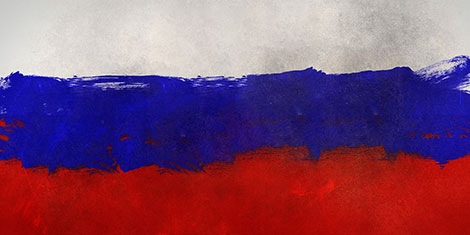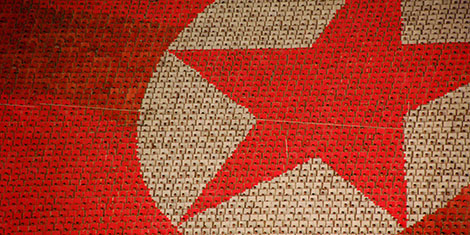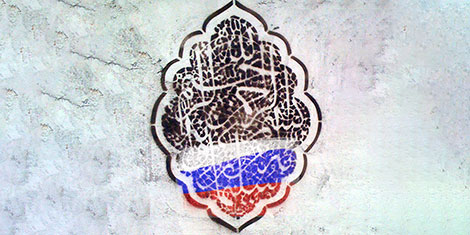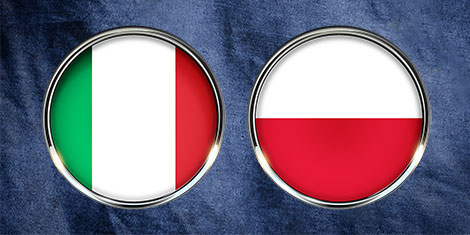
This article was originally published by Istituto Affari Internazionali on 12 October 2017.
Major military exercises are never a simple routine but carry important political significance. This is the case with the recent Russian military manoeuvres of Zapad 2017, which took place in Belarus as well as in the Russian enclave of Kaliningrad – bordering the territory of two NATO Baltic States – on 14-20 September. The exercise was closely monitored by European and US military and political elites and caused considerable concern in Poland and the Baltic states.




